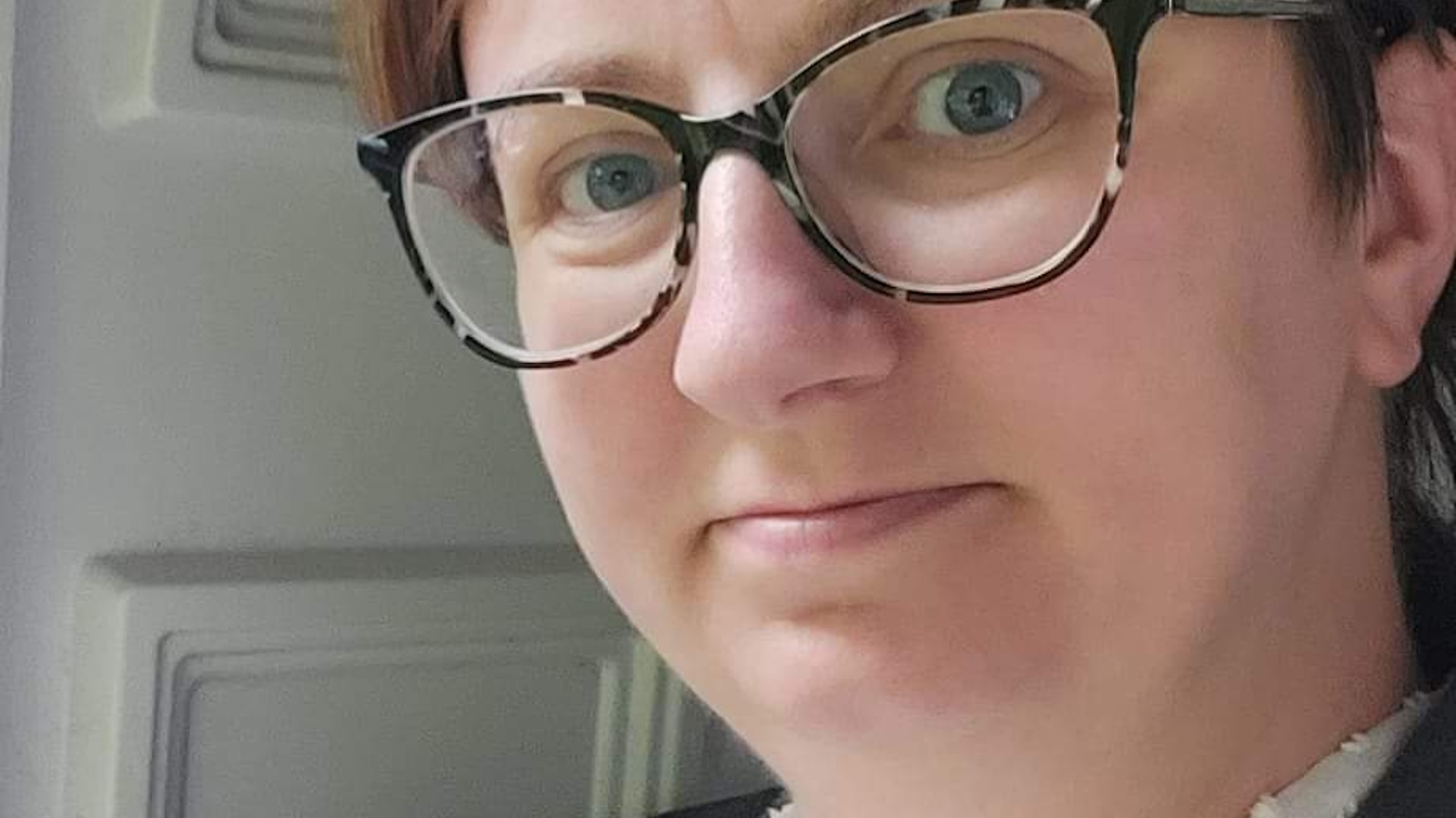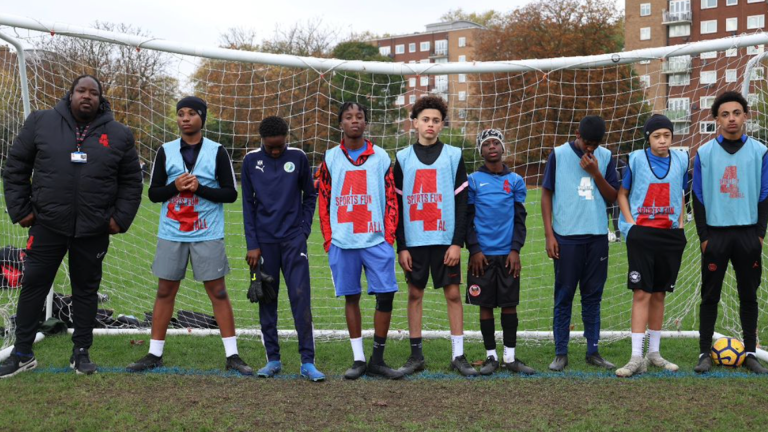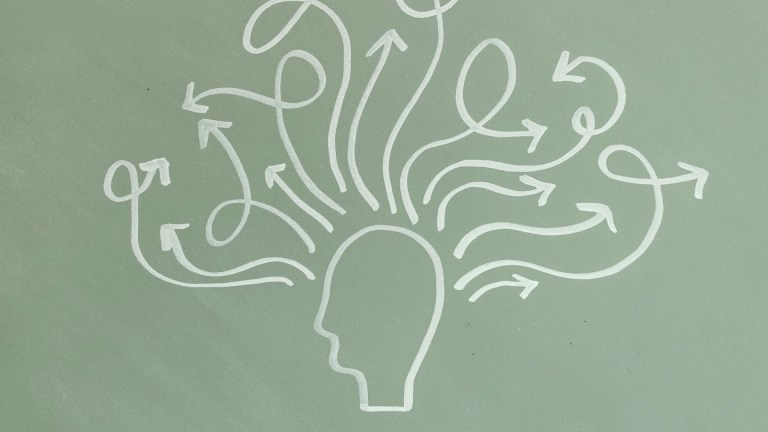Being disabled is expensive. I have often said that just getting the help that I need is a job in itself, never mind the financial issues caused by my disability. I have bipolar disorder – a variable and lifelong severe mental illness – and I have various costs associated with my disability that people without disabilities do not have.
Benefits like personal independence payment (PIP) really help with those costs, but also help me be entitled to things such as a disabled persons railcard. PIP is an excellent passport to lots of other schemes, and also gives me validation that yes, I am disabled.
As a benefit, it is unusual in that it is not means-tested – you can have any income and your PIP is unaffected. This is because disabled people with full time jobs still have more expenses than non-disabled people. The benefit can also help with other welfare benefits so it is definitely worth having.
- ‘It’s an invasion of privacy’: Single mum left ‘mortified’ after DWP scrutinises her bank account
- DWP benefit reforms to get people into work are ‘smokescreen for cuts’, disability activist says
Having an invisible disability can sometimes make asking for help even harder – it can be difficult to prove our difficulties, and often it can feel like the system sets us up to fail. It is important that all disabled people are given the knowledge and tools to get the best out of life, and this includes those of us who have an invisible disability.
Over the last couple of years I have been lucky enough to be able to help create the Turn2us PIP Helper – an amazing online tool that is designed alongside disabled people to help people apply for PIP. As people who have experienced claiming PIP we were able to input our thoughts and feelings about the development of the tool at all stages, and we really were listened to and included in the process.
If you are offered the chance to take part in any work like this – often called co-production or lived experience work – I highly recommend it. Many people reading this will have hugely valuable experience that can help in shaping services for others like them. I have found that it gives me something positive that has come out of my difficulties. I also ask that anyone who is involved in creating and running services keep the experiences of the users of their services to the very front of their mind, and consult those who will be affected by their work at every stage.









